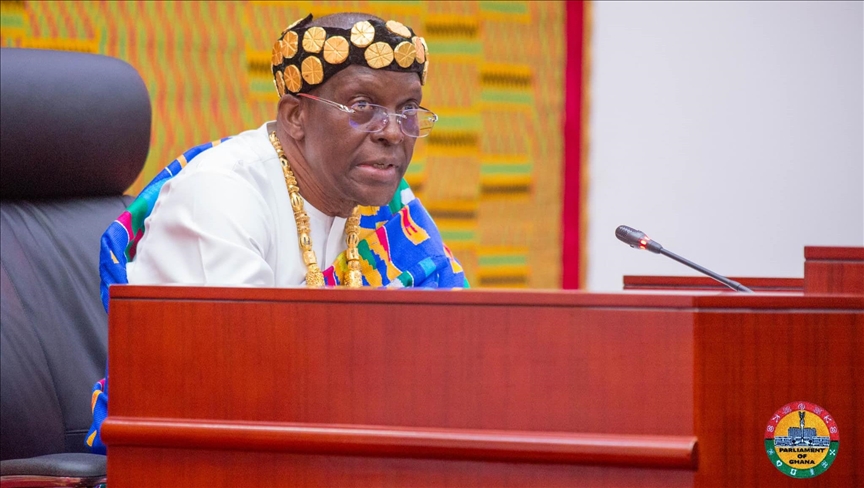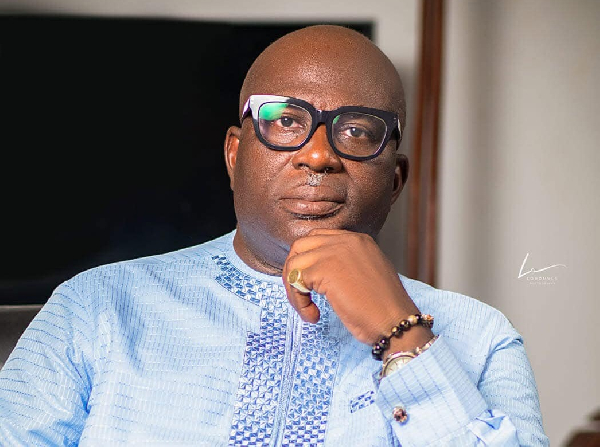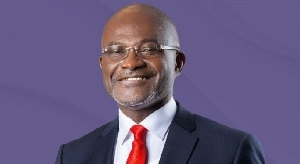The Supreme Court has ruled that payment of salaries to the first and Second ladies is unconstitutional.
The decision of the apex court followed a suit by Bono Regional Chairman of the New Patriotic Party (NPP), Mr. Kwame Baffoe, popularly known as ‘Abronye’ seeking to reverse the payment of salaries approved for First and Second Ladies.
A five-member committee led by Prof Ntiamoa-Baidu was set up in June 2019 by President Akufo-Addo to make recommendations to him and Parliament on the salaries and allowances payable, and the facilities and privileges available to Article 71 officeholders.
But following the recommendations, Abronye went to the Supreme Court with the following reliefs.
a. Declaration that the approval by Parliament to pay salaries to the First and Second ladies is inconsistent with ARTICLE 71 CLAUSES 1 AND 2 of the 1992 Constitution of the Republic of Ghana and consequently be declared null, void and unenforceable.
b. Declaration that, per Article 71 (1) and (2); the positions of the First and Second ladies of Ghana do not fall under the category of Public Office holders.
c. Declaration that, per Article 71 of the 1992 Constitution of the Republic of Ghana; the Emolument Committee is limited to recommending the salaries and other benefits and privileges of only public office holders.
d. Declaration that, per Articles 108 and 178 of the 1992 Constitution of the Republic of Ghana; Parliament cannot, on its own accord, initiate or approve payment of any such emoluments; which would necessarily be paid from public funds; without a bill to that effect emanating from and introduced by the Government and dully passed into law.
My Lords, this statement of case, is filed by the Plaintiff in accordance with Rule 46 of the Supreme Court Rules, 1996 (C.l. 16).
Chief Justice Gertrude Torkornoo who presided over the 7-member panel of Judges however dismissed all but one of the reliefs being sought by South Dayi Member of Parliament, Rockson-Nelson Dafeamekpor whose suit was similar to that of ‘Abronye’.
The court held that Rockson-Nelson Dafeamekpor focused on the recommendations of the committee whereas Abronye focused on the actions of Parliament.



